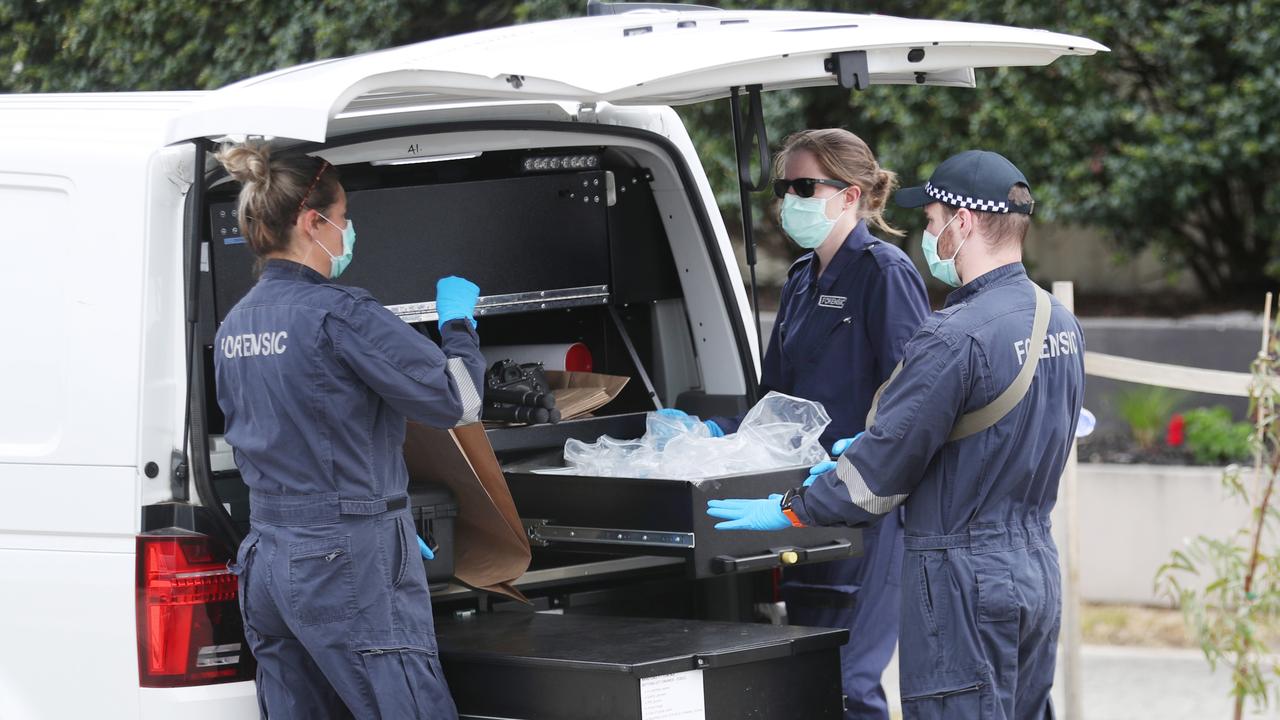The increasing number of confiscations of crystal methamphetamine in Tonga since 2018 has raised alarms, a recently released report said.

The report by the United Nations Office on Drugs and Crime highlighted a worrying trend about how 97.16kg of this dangerous substance affects people’s health.
It said the amount is relatively small compared to drugs seized in other countries of the Pacific, but “given that the population in Tonga is just over 100,000, the quantities seized in the country may be a cause of concern”.
It comes as Tongan authorities grappled to combat rampant illicit drug abuse across the nation.
Earlier this year, a public debate in Parliament rejected a suggestion that the death penalty be used to deter drug offenders.
The report, Transnational Organized Crime in the Pacific: Expansion, Challenges and Impact showed that the value of one gram of methamphetamine in Tonga was reportedly US$ 252.00.
That’s an equivalent of TOP$605.00.
It said this was higher than in any other Southeast Asian countries reported in 2023.
The report said: “From 2018 through July 2024, Tongan authorities seized 97.16 kg of crystal methamphetamine, of which more than half (53.5 per cent) was seized in 2023 and 2024 (1 January through 27 July), and about 72.5 kg of cocaine, with total seizures of 58 kg in 2018 and approximately 14.5 kg in 2021”.
Trafficking routes
Tonga is one of the Pacific Island countries most impacted by the increase in illicit drug flows through the Pacific region, including Papua New Guinea and Fiji.
“Recent drug-related cases reported from Papua New Guinea, Fiji, and Tonga also strongly indicate that drug use as well as wider organized crime activities are expanding rapidly”.
Fiji also appears to be growing in importance as a regional hub for drug trafficking and an emerging base for transnational organized crime networks.
“In January 2024, Fijian authorities made massive methamphetamine seizures totaling 4.8 tons; the seized methamphetamine originated in Mexico. Five known related shipments had previously transited through Fiji. Nadi is believed to be the primary transit point in the Pacific, and trafficking groups bring their yachts from Tonga to Fiji, where the drugs are transferred to another vessel for further trafficking”.
Corruption
The report said that corruption has also been an enabler of some of the drug shipments transiting into and through Tonga destined to markets in Oceania.
It reported several incidents in Tonga reported in the media concerning drug arrests.
This included an incident in 2019 in which “a senior customs officer was arrested for his involvement in importing a shipment of 6 kg of methamphetamine into Tonga along with quantities of cannabis, cannabis oil, arms and ammunition from the United States”, the report said.
In August 2024, Tongan police arrested 17 people in relation to methamphetamine trafficking into Tonga.
The suspects were believed to have been involved in the importation, intended sale and distribution of methamphetamine in the country, and the laundering of the proceeds by individuals and businesses.
“During the week-long operation that included raids at multiple locations, police seized 6.1 kg of methamphetamine that was imported from the United States, and made further arrests, including the arrest of a customs officer and a prisons officer who were charged with offenses related to the import, and a prominent businessman who was arrested for money laundering”.
Police also seized numerous pieces of clothing with the logo of the Comanchero Outlaw Motorcycle Gang as well as cash counting machines and drug utensils.
Impacts on health
The report indicated that methamphetamine has been the most frequently used drug in Tonga over the past five years, as observed by experts. This increased usage has contributed to a rise in the number of mental health patients in the country.
It follows previous media reports that the impacts of illicit drugs are being felt acutely in Tonga’s psychiatric ward.
“Between 20% and 70% of all monthly admissions are due to consumption of cannabinoids or methamphetamine or both,” Dr Mapa Puloka, Tonga’s head psychiatrist, was reported by the Guardian as saying.
“Drugs has now become a main precipitating factor for the occurrences of mental illnesses and the frequent relapse of persons with chronic psychiatric disorders such as schizophrenia and bipolar.”
Puloka reportedly said the crisis had become so dire that some psychiatric patients have had to sleep on the hospital floor.
What is crystal methamphetamine?
According to the US Department of Justice, crystal methamphetamine is a colourless, odourless form of d-methamphetamine, a powerful and highly addictive synthetic (man-made) stimulant. Crystal methamphetamine typically resembles small fragments of glass or shiny blue-white “rocks” of various sizes. Like powdered methamphetamine (another form of d-methamphetamine), crystal methamphetamine is abused because of the long-lasting euphoric effects it produces. Crystal methamphetamine, however, typically has a higher purity level and may produce even longer-lasting and more intense physiological effects.






